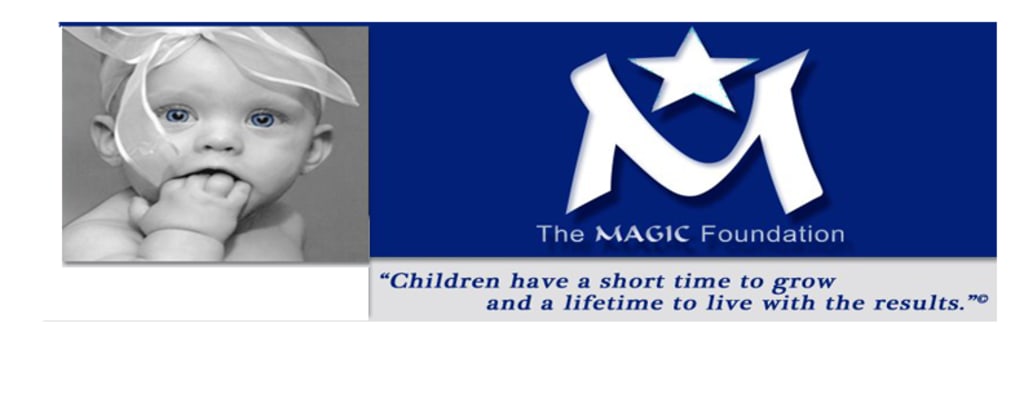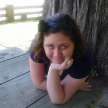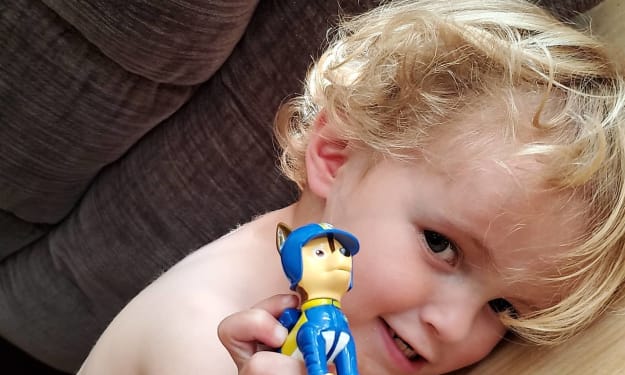MAGIC Foundation
Help parents who have children with Russel Silver Syndrome

The Magic Foundation is fantastic. This fantastic organization's motto is that Children have a short time to grow and a lifetime to live with the results! Together we are MAGIC! They focus on many disorders to help parents give information to families. The MAGIC Foundation is a charitable non-profit organization created to provide support services for the families of children afflicted with a wide variety of chronic and critical disorders, syndromes, and diseases that affect a child's growth. Those of us who started MAGIC all had children with Growth Hormone Deficiency. Three of us were from Illinois, one from California and the other from Oklahoma. We had our phones going full time, sharing details about our children's medical treatments. We were our self-made support group. Each of us studied, researched, and contacted everyone we could. Little did we realize that our daily calls were the beginning of what would become The MAGIC Foundation one year later. It was a foundation that would help many people around, including myself, after my son Joshua was born in early 2017.
MAGIC FOUNDATION focuses on children who have growth disorders.
Another interesting fact about the Magic Foundation is that two years after MAGIC was born, one of the Founders was given a jolt. A second child in her family was diagnosed with a different/rare growth disorder, McCune Albright Syndrome. She called her MAGIC friend. One and a half hours later, she was talking to another mother of a child with MAS.
MAGIC is headquartered in Warrenville, Illinois, and employs a mere seven people full-time staff. Glued together by dedicated volunteers and a network of family division consultants, this hard-working group annually responds to an excess of 11,700 phone calls, 20,000 materials requests, organized two national educational programs and other support services the Foundation offers. Our database is one of the world's most comprehensive of its kind and includes (among other things) a worldwide networking system with more than 30,000 families listed.
What is also very interesting is that adults can have these conditions as well!
Several years ago, news about the success of MAGIC spread to affected adults. And once again, The Foundation received a high demand to implement adult divisions. Today, our adult division offers a quarterly newsletter, networking specifically for adults, online chat areas, and a National Educational Convention tailored for them. Together, the adults not only find solace in meeting each other, but they enjoy mentoring the kids! They give hope to everyone!
They also have many goals the Foundation wants to focus on.
For affected children
• Help you learn about children's growth
• Supply support to those searching for answers about their undiagnosed child
• Supply information regarding Russell-Silver Syndrome, Small-for-Gestational, Growth Hormone Deficiency, Insulin-Like Growth Factor Deficiency, Optic Nerve Hypoplasia, Thyroid, and all other growth-related disorders. Call us today at (630) 836-8200.
For affected adults
• Supplying accurate medical information regarding Adult Growth Hormone Deficiency, Panhypopituitarism, and Cushing Syndrome
• Offering a list of physicians who are knowledgeable and non-judgmental
• Securing resources and online avenues of support
My son Joshua was diagnosed with Russel Silver Syndrome in December 2017, and it is a growth disorder that falls under the Magic Foundation. So many people out there have asked me, “ What is it?”
Well here it is briefly:
It was way back in 1953 and 1954 that Dr. Silver and Dr. Russell independently described groups of small-for-gestational-age [SGA] children whose pregnancies had been complicated by intrauterine growth restriction [IUGR]. Their common findings were short stature without catch-up growth, normal head size for age, a distinctive triangular face, low-set ears and incurving fifth fingers. These two groups of patients are now considered to have had variations of the same disorder that we now call Russell-Silver syndrome [RSS] in North America, and Silver-Russell syndrome [SRS] in Europe.
One interesting and important aspect of the Russell-Silver syndrome is its variation in phenotype. In this context, a phenotype is all the physical characteristics and abnormalities found in an individual patient that are attributed specifically to RSS. Some individuals with RSS have many traits, thus a severe phenotype, while others have very few traits, thus a mild phenotype.
It is a real deal, and this foundation help parents. It did help me, and now my son lives a lifestyle that he is feeling like a normal child.
About the Creator
Samantha Evans
Born in Northern California. Wife, mother to three amazing children, and author of fantasy and adventure. Also a freelance writer. Advocate for people who have Russel Silver Syndrome, and epilepsy.
Enjoyed the story? Support the Creator.
Subscribe for free to receive all their stories in your feed. You could also pledge your support or give them a one-off tip, letting them know you appreciate their work.






Comments
There are no comments for this story
Be the first to respond and start the conversation.